BNEF: cost of new renewables rises as inflation starts to bite
Green Car Congress
JULY 1, 2022
The cost of new-build onshore wind has risen 7% year on year, and fixed-axis solar has jumped 14%, according to the latest analysis by research company BloombergNEF (BNEF). The global benchmark levelized cost of electricity, or LCOE, has retreated to where it was in 2019. The latter cost at $74 and $81 per MWh, respectively.


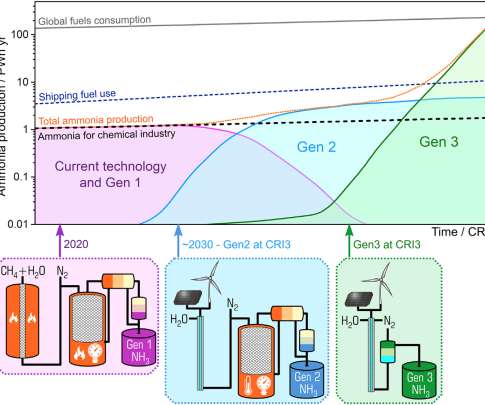
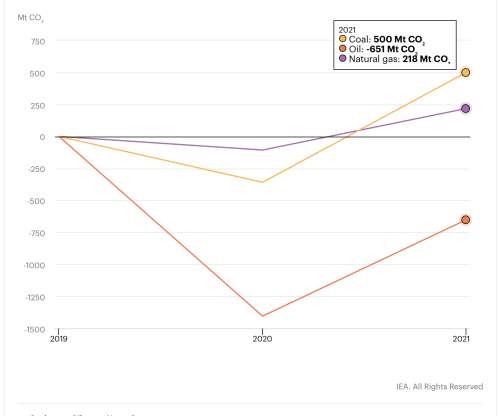
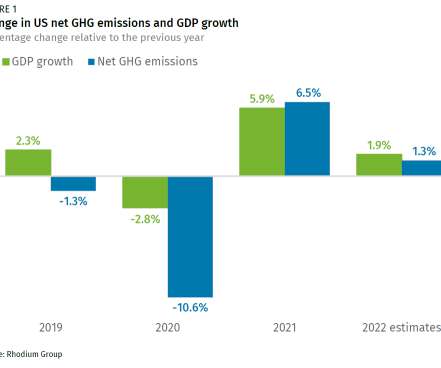




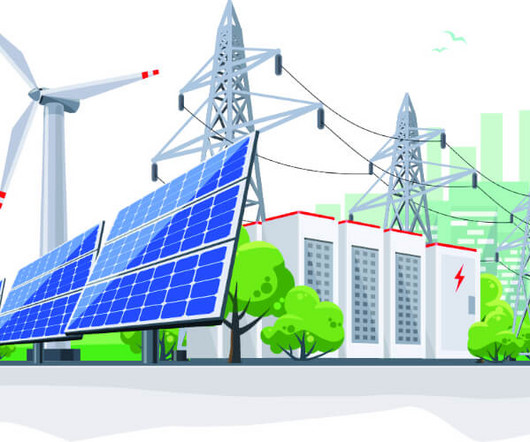



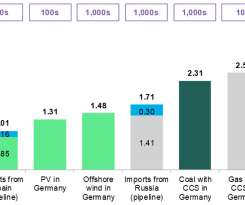




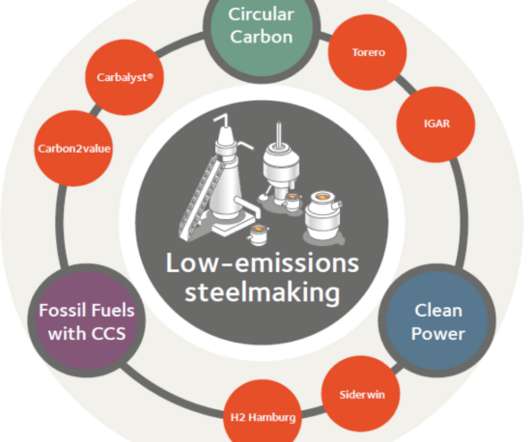




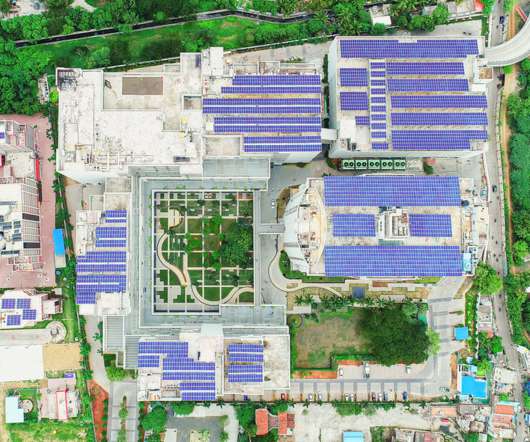
















Let's personalize your content